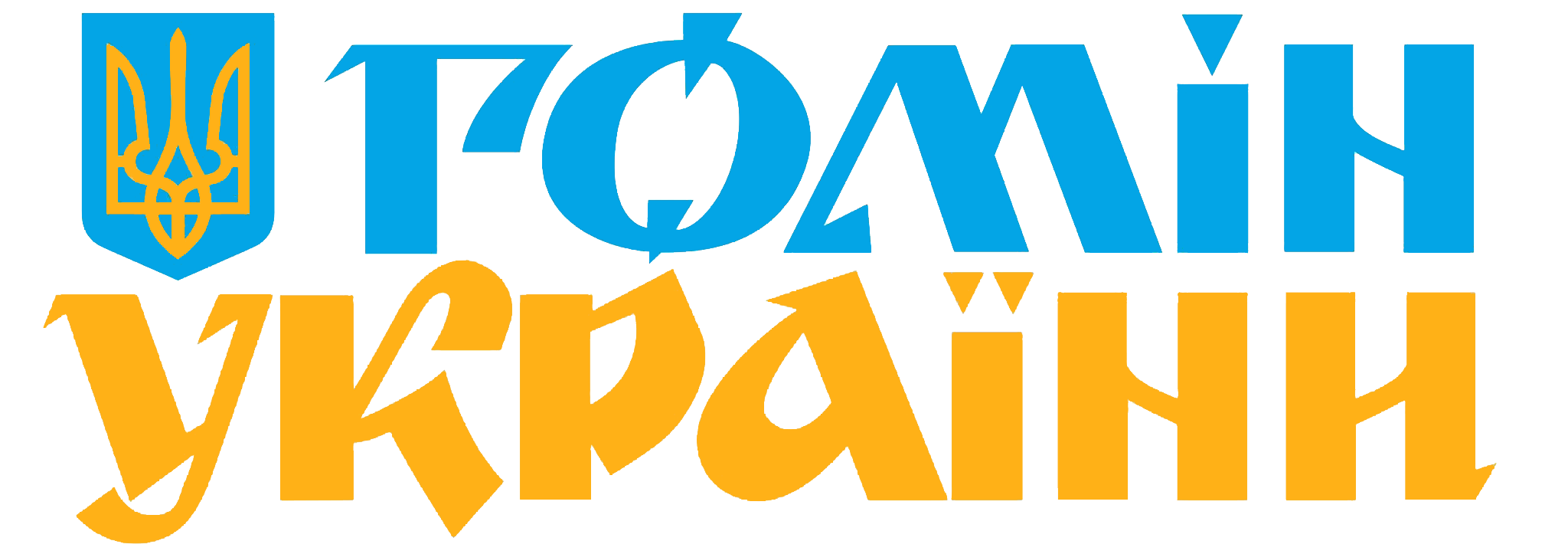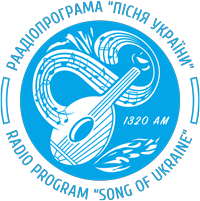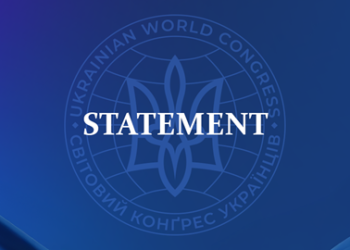Ihor Kalynets, a prominent Ukrainian poet, dissident and political prisoner, a member of the 60’s movement known as the “Shestydesiatnyky” passed away at the age of 86 on June 28. 2025. He was a political prisoner for six years in Soviet camps (among them the notorious Perm camp) with an additional three years of exile from 1972-1981. On July 1, 2025 Ihor Kalynets was buried next to his wife Iryna at the Lychakivsky Cemetery in Lviv. Iryna Kalynets who predeceased her husband by thirteen years was also a prominent poet, dissident and political prisoner. A contemporary of the Kalynets family, Iryna Kliuchkovska who currently chairs the International Institute of Education and Culture (MIOK) affiliated with the Lviv Polytechnic University, founded and chaired initially by Iryna Kalynets, posted the following:
“Who among us does not know Him, this God-given poet? Are there those who have not tasted his words ‘Muse awakened’ and ‘Muse of the slave’? Who has not felt the color of his word and at the same time the great power capable of awakening thought, protest and the quest for change. And who among us has not entered his fairy tale – a joyful and mysterious land of childhood, where love, goodness and justice reign, which the poet depicted so generously. Or maybe someone does not know that Kalynets’ poetry sounds equally compelling in German, French, English, Polish and other languages?
His numerous literary awards are so understandable to us: the public prize named after Vasyl Stus, and the National Shevchenko Prize, and many, many others. Ihor Kalynets was nominated for the Nobel Prize and was among the top ten finalists. Let us assume that the Committee had not grown up sufficiently to understand the depth of this man.
‘After 1981, I fell silent as a poet,’ he wrote. But we know very well that sometimes silence is more eloquent and louder than words.
Ihor Kalynets was from the town of Khodoriv, the son of Myron Kalynets and Efrosyna from the house of Guley.
‘… from there,’ he wrote, ‘came the source of my inspiration – there now in the cemetery are the people who gave me life and raised me with a strong national spirit. I also can never forget that I was baptized in the Ukrainian Catholic rite, and that my mother’s brother, a student at Lviv University, was tortured in June 1941 in the prison on Lonskoho Street in Lviv’
These family roots were so strong that they grew into an unbreakable core and formed a citizen and a patriot, a Christian, a faithful husband for a like-minded person and best friend, the unforgettable Iryna Kalynets and a sensitive father to his daughter Dzvinka. It gave him the strength to challenge the system, to go through interrogations, arrests and exiles with dignity and not remain silent! He was strong in spirit like steel but at the same time very sensitive.
This man genuinely loved people. He reacted very palpably to their pain. I saw his tears when the boys died on the Maidan, and how he experienced the death of each soldier. He helped people in need, not for show, but quietly and calmly. Here is a small addition to his portrait: for a decade he shared his pension with a poetess from the south of Ukraine. And there are many such examples, because his soul, which lived in harmony with the Almighty, yearned to help.
We must remember how much effort he put into ensuring that our Ukrainian Catholic Church, after years of prohibitions, torture and humiliation, came out of the underground and became what it is now – a strong spiritual bastion for millions of Ukrainians in our globalized world.
Ihor Kalynets was awarded the Order of Freedom, because Freedom was his essence. We know Kalynets well as a public and political figure with instant reactions to everything that happened in our country. There are hundreds and thousands of good deeds, carried out according to the values that were vital to him – Truth, Freedom, Love for Ukraine and Faith in the Almighty.
How many did not like it, especially those who lived with a complex and guilt because they did not have the courage and manliness to stand up to evil. He did, with Iryna Kalynets, with Vasyl Stus, with Vyacheslav Chornovol.
‘I often clench my teeth so as not to betray the pain when brainwashed people scold us: ‘Why are they making heroes out of themselves’, – he wrote. And even today some young people allow themselves to shout: ‘You are interfering in our quiet lives.’
Ihor Kalynets said, ‘The story of my life is part of the story of my homeland.’ And there is a lot of truth in this. This was his path. The path of a dissident, political prisoner, stoker, hammer, participant in the camp resistance movement, editor of ‘Yevshan-zillya’. This was the path of Truth.
I was very moved by one photograph. Ihor Kalynets at night in the square in front of the Shevchenko monument in Lviv in the early hours when the Revolution of Dignity began. In the cold autumn, he came with a stick and stood alone on the empty square. He and Shevchenko. Later, people would come and fill this square with life and protest. I read deep symbolism in this photograph. He was always first, both at a time when Ukraine was sleeping and at a time when it was waking up. Yes, he and Shevchenko, to whose maxims he was faithful forever and which became his guiding light.
Ukraine still needs Kalynets so much today! In times of war, the aggression of Russian forces, the threat of new totalitarianism, when mobilization of all healthy Ukrainian forces is so necessary, when landmarks have been drowned in social networks, in FB, Twitter, when positions are lost and values are discarded. We need Kalynets today. He never betrayed himself, nor Ukraine, neither in creative words, nor in deed. We do not need to invent myths and steal someone’s history. We have our own heroes and our own history to draw upon, to shape new generations. Ihor Kalynets will be needed in the future as well.
The writer Yevhen Malaniuk once wrote: ‘The most important task for us as a society was, is, and will be to know ourselves.’ And so we must know ourselves, to recognize the strength of Ihor Kalynets, who walked the path of a real Ukrainian in Ukraine.
Lastly, I should like to say: We are lucky to have had and still have him in our memories and in his writings, to have been able to talk to him, see him on the streets of Lviv, share a cup of coffee with him, listen to his speeches in the squares of Lviv, read the carefully organized works of Iryna Kalynets by Ihor Kalynets, along with his own works. We live in the era of Ihor Kalynets. And this era is forever as long as Ukraine lives!”
Unfortunately, the era of the people who made up the “Shetydesiatnyky” is slowly receding. There remain only a handful. Their influence on contemporary Ukraine, its independence, its democratic ideology, concern with human rights and the heroic struggle going on today against Russian aggression cannot be overstated.
With the exception of the Baltic states, Ukraine is unique among the former Soviet republics. It is the only one that is truly democratic and has manifested the will of the people and their freedoms again and again, including through two popular uprisings – revolutions in the 34 years of its independence, and more than ten years of active warfare against a brutal aggressor. The people of Ukraine represent an unwillingness to accept anything less than freedom and democracy. People like Ihor Kalynets were exemplary of this undaunted spirit.
July 4, 2025
Iryna Kliuchkovska and Askold S. Lozynskyj
Iryna Kliuchkovka is the Chair of the International Institute of Education and Culture 9MIOK) at the Polytechnic Lviv University where Ihor Kalynets was a long time member of the Board of Directors
Askold S. Lozynskyj is an Attorney at Law and former two term president of the Ukrainian World Congress







